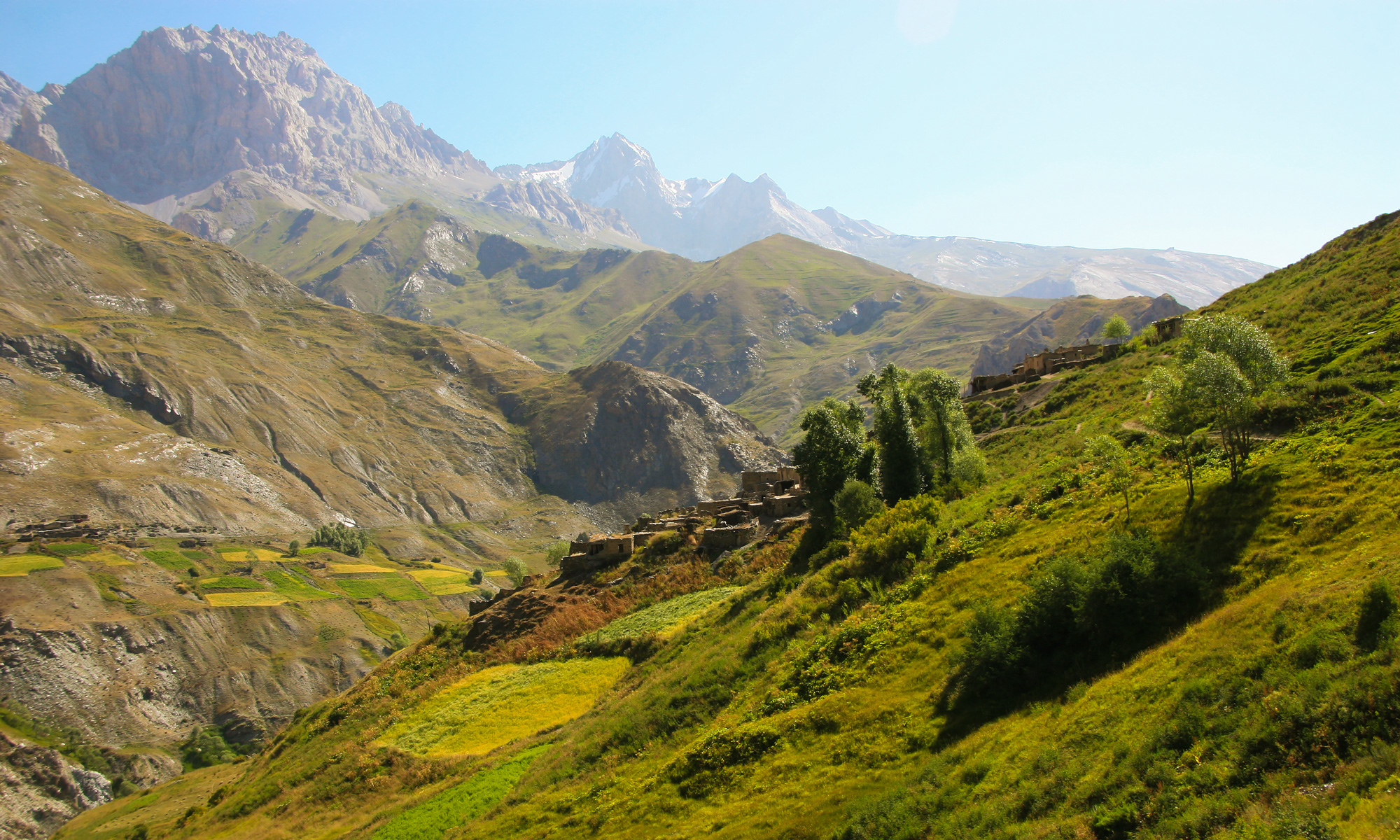“I know many rich Yaghnobis who live outside. But they are not so happy. They are always afraid of losing what they have. Here, I don’t have much — but I have peace.”—Maruf, returnee
Maruf speaks slowly, with the weight of someone who’s seen two kinds of life and made his choice. He wasn’t forced to return to Yaghnob — he came back on his own terms, after years of watching others chase money, only to grow more tired, more distant, more anxious.
“Here, I don’t need much. I buy sugar, kerosene, and matches. The rest, the land gives.”
In the high village of Garmen, the snow comes early and leaves late. It is not an easy life. But for Maruf, that difficulty carries a different kind of dignity — one that has nothing to do with salary, cement walls, or satellite television (although, he smiles, he has one now). The hard work is familiar. The rhythm of the land, of animals and seasons, is grounding.
“If you work hard here,” he says, “you’ll never starve. That’s enough for me.”
What sets Maruf apart is not just where he lives, but how he thinks. His story is not about return or loss or even resilience in the usual sense. It’s about redefining what matters. For him, freedom is not the power to choose anything — it is the power to need less.
“I used to think,” he admits, “that money meant success. Now I think being free from needing money — that is real success.”
He doesn’t frame it in political terms. There’s no complaint about governments or exile or failed promises. He speaks, instead, about the quiet logic of a life that feels enough. When his brother returned from Russia during the economic crisis of 2008, Maruf didn’t envy him. He welcomed him home.
“Before, he sent us $100 a month. That was good. But now he’s here. And that’s better.”
